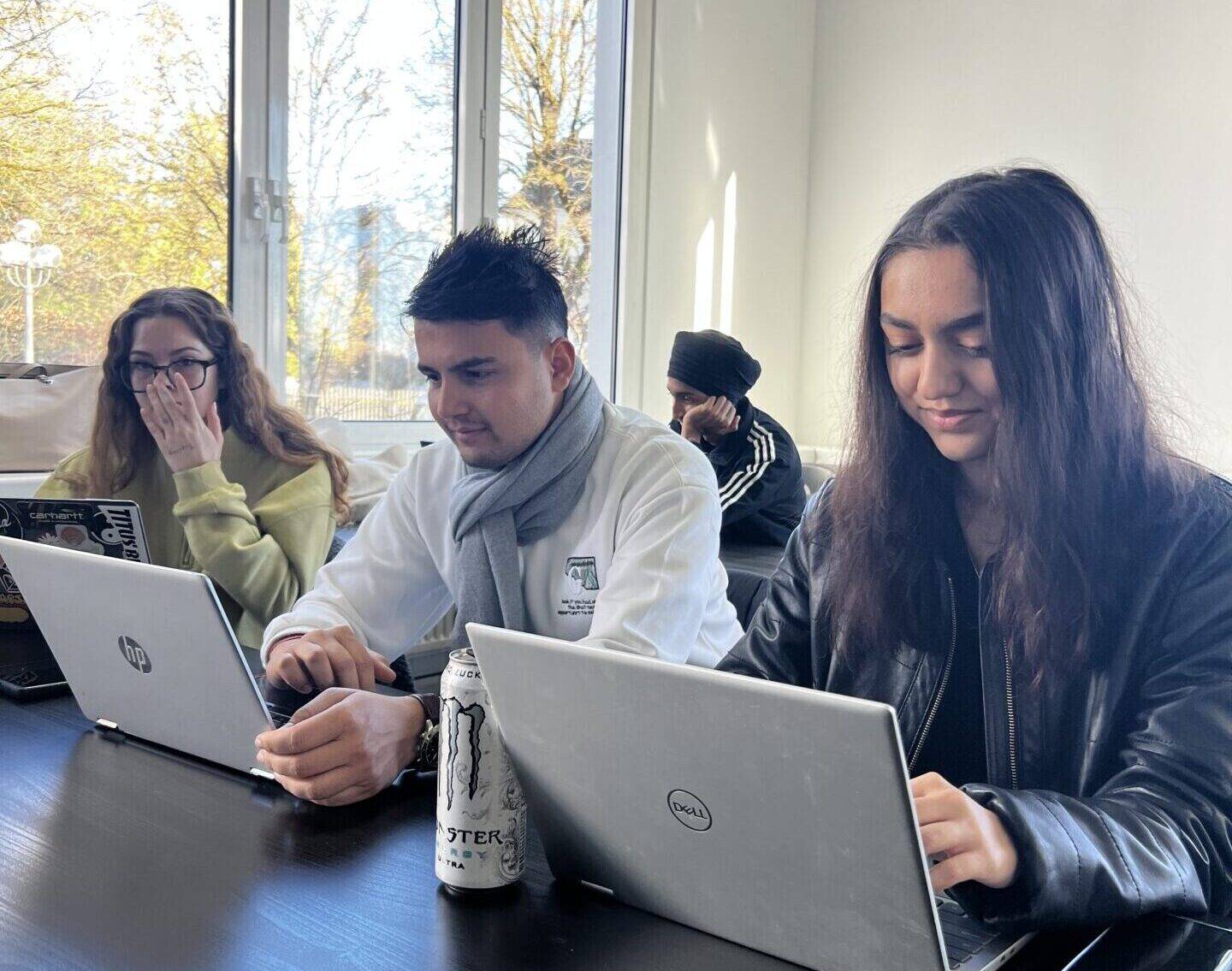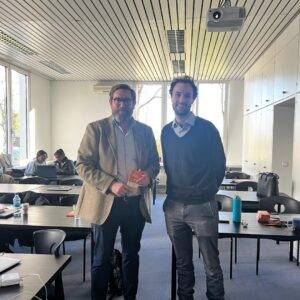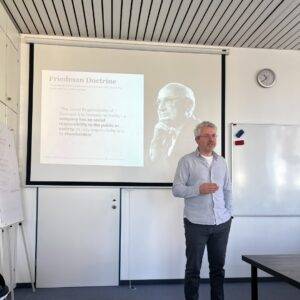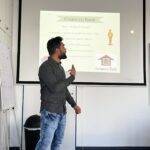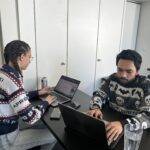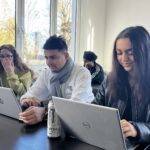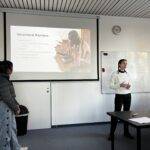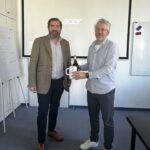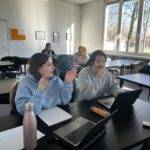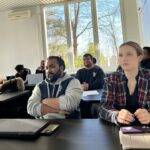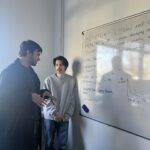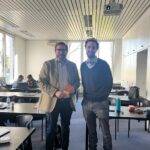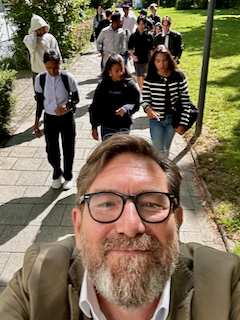
Update from the Chancellor: Sunday is The New Monday
4. February 2024
Meet Kobe, the Newest Member of Our Admissions Team!
6. February 2024“Almost 700 million people (10% of the population) around the world live today in extreme poverty – they subsist on less than $2.15 per day” (Worldbank,2023).
Poverty Definition
According to the World bank it can be defined as a significant lack of well-being. Individuals experiencing poverty are those who’s income is too low that they can not afford the minimum threshold. Poverty does not only affect those directly experiencing it, because of how related it is to other socioeconomic aspects. These include the capacity to access services and social protection, the freedom to voice opinions and make choices, negotiation power, social standing, decent employment, and opportunities. Poverty also serves as the underlying factor for numerous violations of human rights and labour rights, such as child labour, and human trafficking. (United Nations, n.d.)
Eradicating poverty should not be consider charity work but rather the path to a better life for the whole world population. The United Nation is one of the entities working on eradicating poverty, the 1st of their 17 Sustainable Development Goals is NO POVERTY. With two of it targets being: eradicate extreme poverty and reduce poverty by at least 50%.
The Challenge to Businesses
Now the main question our students asked themselves during our last project week on December 2023:
Can businesses contribute to eradicate poverty?
Some of the ways businesses can target poverty are:
- Implementing programs and initiatives that contribute to lifting individuals and communities out of extreme poverty.
- Reducing poverty across various demographics, ensuring that employees and local communities benefit from the company’s activities.
- Developing and offering social protection measures, such as health insurance, retirement plans, or financial support, to employees.
- Collaborating with international organizations, NGOs, and governments.
- Developing and implement pro-poor and gender-sensitive policies and practices within the company.
This project week lasted 3 days in a row. During each day students needed to do research and planning, so that during day 3 they were able to present their business solution for poverty alleviation. They needed to summarise their solution, include problem definition, solution rationale, implementation plan, and potential impact.
Learning from real-world experiences
A highlight from our project week was the visit from Jonas Schaller (CFO of Fairafric) an Patrick Rohrbasser (Founder and MD of Intuitu Consulting).
- Fairafric – is a German-Ghanaian social business that produces chocolate. Ghana is part of the leading exporters of 70% of the world’s Cocoa, but less than 1% is processed here. Fairafric is changing this! From the sourcing of cocoa beans to the production of the chocolate bar, every process is 100% Ghanaian.
The company’s global vision is “Use business to end poverty“, and their mission is to “Create 10,000 climate-friendly jobs in Africa”. They contribute to7 UN’s SDGs including the #1 No Poverty.
- Intuitu Consulting – is a consulting firm focused on digital transformation and sustainability.
Both companies work with a purpose beyond being jus profitable, they aim to contribute to the world’s well-being.
This project week introduced students to the importance of SDG 1: No Poverty, equipped them with knowledge about the role of businesses in poverty reduction, and challenged them to think creatively about practical solutions. It empowered students to consider how they can contribute to the global effort to eradicate poverty through their future careers and endeavours.

